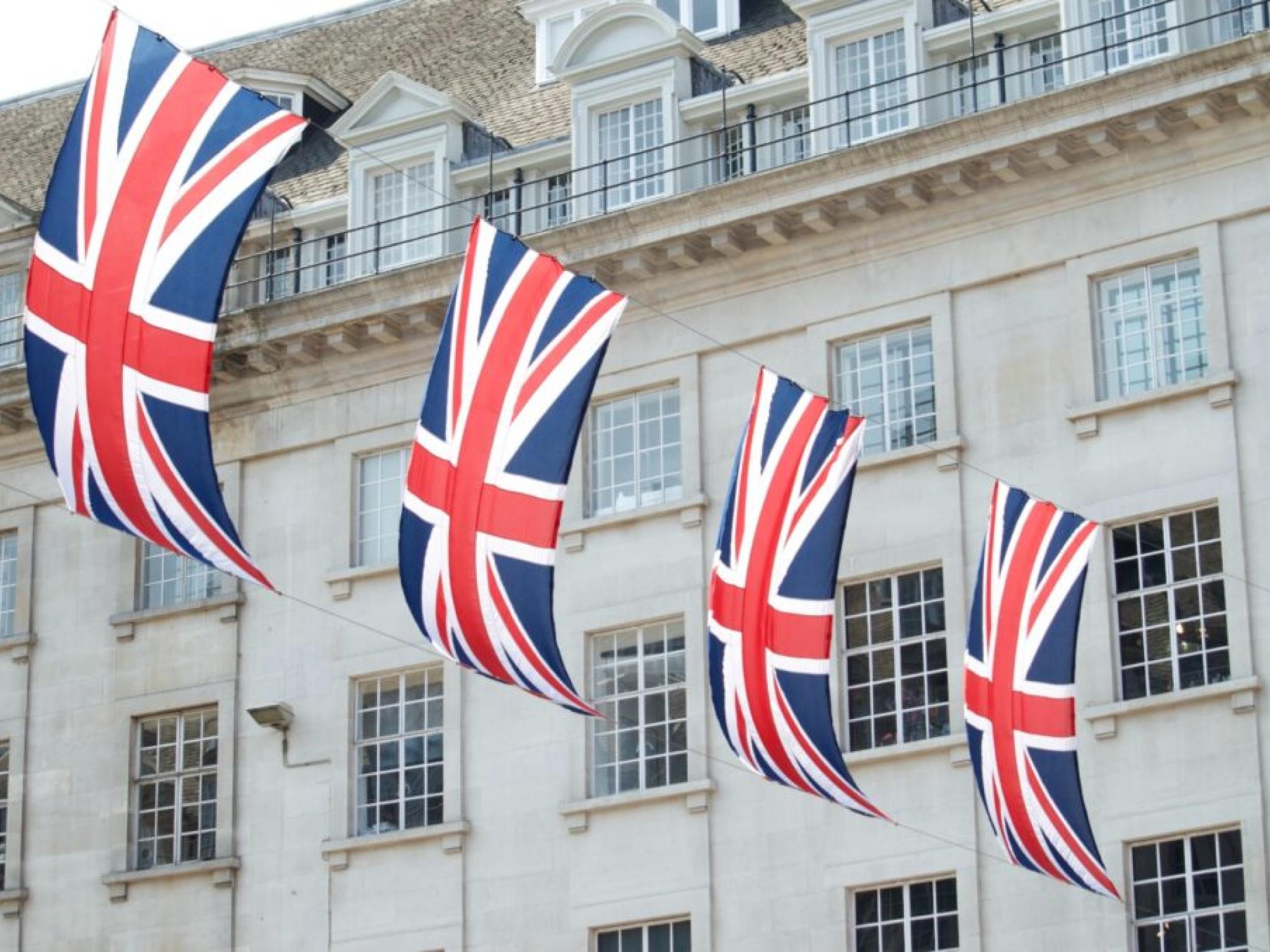UK Election: How It Works And Which Markets Could Be Affected
Author: Neil Dennis | May 28, 2024 04:58pm
UK Prime Minister Rishi Sunak has called a general election to be held on July 4. If the polls are correct and recent council elections are anything to go by, the election could deliver a landslide victory to the Labour Party, currently the main opposition against Sunak’s Conservative Party.
How Does The UK Election System Work?
Unlike the college votes system in the U.S., the UK operates a more simple version of the first-past-the-post system.
The UK is politically divided into 650 constituencies, each represented by a member of parliament (MP) in Westminster, London.
On polling day, each person casts a single vote for one candidate on the ballot card. The candidate with the most votes wins that constituency. The political party that wins the most constituencies becomes the new ruling party, and its leader is sworn in by the King as prime minister.
Why Has An Election Been Called Now?
It’s a constitutional obligation to hold a general election in the U.K. every five years. Sunak could have waited until December to call the election for January 2025, but – in a surprise announcement on May 22 – he set the date for July 4.
Why didn’t he wait? He likely considered the benefits of hanging around were too few. The Conservatives have held power since David Cameron led the party to victory in the 2010 general election. Things were looking pretty stable for a while – there was cohesion in the party, the economy was on the up and the Conservative – and Cameron’s – mandate was renewed at the 2015 election.
However, a string of devisive events, including the Brexit referendum in 2016, the Conservative party’s difficulties in adopting Brexit-related policies and new trade terms, and the mishandling of the COVID-19 crisis, have resulted in the resignation of four prime ministers over the past six years.
And Sunak’s own position has been built on a less-than-stable foundation since he took the helm following Liz Truss‘ record short tenure as PM. The Conservative Party leadership has lost the trust of many of its MPs, with several now declaring they will not contest their seats on July 4.
He’s now throwing the dice, gambling that the Labour Party and its leader Keir Starmer are unprepared for a snap election.
What Happens In The Coming Weeks?
As the Electoral Commission springs into action to get polling cards sent to all registered voters and prepare voting locations and official vote counters, the political parties are putting the final details to their election manifestos.
In recent days Sunak’s team has unveiled its list of priority policies, including bringing back national service, reducing public health waiting lists and reduced taxation and spending – all aimed at its key 60+ demographic.
Starmer has hit the campaign trail with pledges to reform the health service, grow the economy and tighten up on border security. On taxation, Labour plans to crack down on tax-avoiders, but plans no rises in corporation or personal taxes.
Among the main differentiating factors is environmental policy. The Conservative Party has, over the past several months, backtracked on some of its environmental commitments.
Labour, however, remains committed to its green pledges, including clean power by 2030, the establishment of a new publicly-owned energy company and to increase windfall taxes on oil and gas producers.
Also Read: UK’s Economy Exits Recession With 0.6% GDP Growth: El-Erian Calls For Sustainable Growth
How Have Markets Reacted?
And it’s these green energy pledges that have had the biggest impact on UK markets in the past few sessions.
Shares in National Grid Plc (NYSE:NGG), the UK energy distribution giant, have fallen 15% in two days after announcing a £7 billion ($8.94 billion) rights issue to help fund its green investment up to March 2029.
Meanwhile, fears that Labour could wholly or partially re-nationalize swathes of the utilities sector following its announcement of plans to create a new publicly-owned energy company sent shivers through water and energy stocks.
“Overall, we see most risk at the water companies, where we expect most rhetoric and a key political battle ground ahead of next election,” said Citi analysts in a note last week.
Water companies United Utilities (OTC:UUGRY) and Severn Trent (OTC:STRNY) were down 7.9% and 7% respectively last week.
Since the May 22 announcement, the FTSE 100 index is down nearly 1%.
Among the U.S. stocks exposed to UK risk is Walgreens Boots Alliance (NASDAQ:WBA), whose shares have fallen 13% over the past week.
Boots is one of the biggest high street retailers in the UK and, although no specific policies have been announced that might affect the stock, investors appear cautious.
Since the announcement, the yield on the benchmark 10-year Gilt has risen 127 basis points, pushing prices lower, over concerns of increased government borrowing under a potential new Labour government.
Now Read: US Home Prices Hit All-Time Highs, Fastest Growth Rate In A Year: ‘We’ve Witnessed Records Repeatedly Break’
Photo: Unsplash
Posted In: NGG STRNY UUGRY WBA





